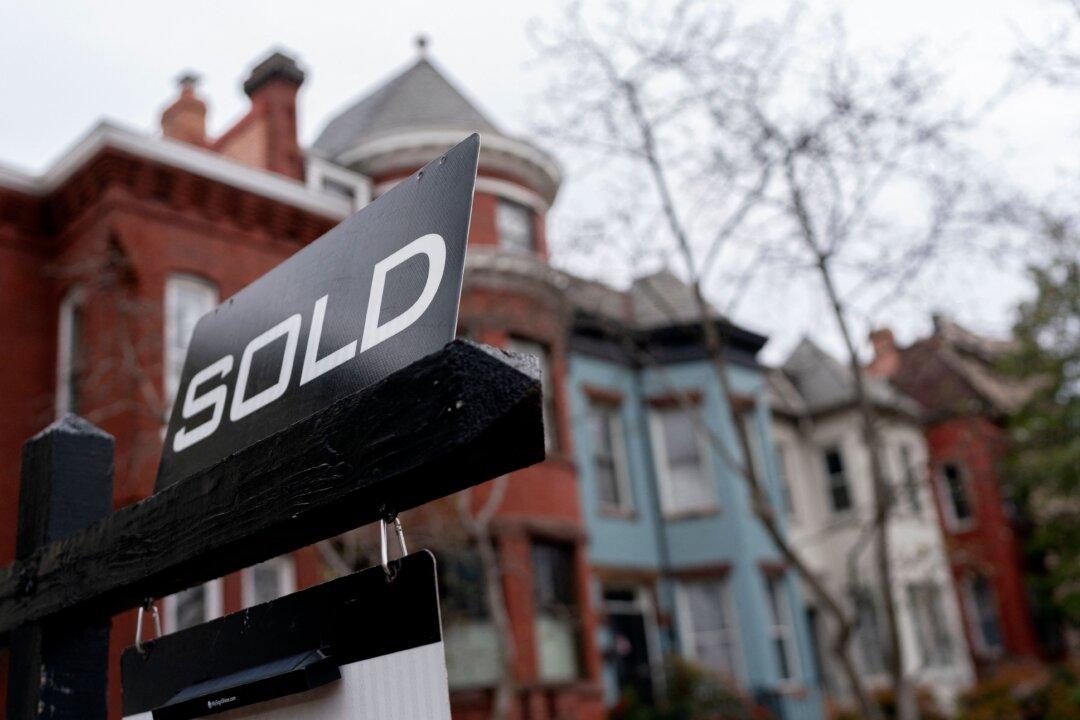Home prices have registered their biggest annual decline in over 10 years, according to real estate brokerage Redfin, with price drops led by “pandemic boomtowns and pricey Bay Area markets.”
Median U.S. home price declined by 3.3 percent in March to $400,528—the biggest year-over-year drop since 2012—per an April 19 Redfin press release. The largest drop in March was registered in Boise, Idaho, where prices fell by 15.4 percent from a year back. In the next place was Austin, Texas, which saw a 13.7 percent price drop, followed by Sacramento, California, with 11.9 percent; San Jose, California, with 10.5 percent; and Oakland, California, with a 9.7 percent decrease.





